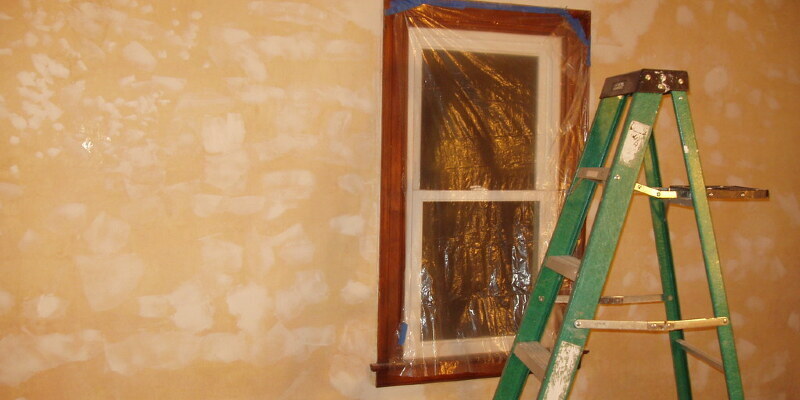Property remains a powerful investment which transcends even the hardest financial times. Its main attraction is the ability to leverage a large, amortized loan together with the payment of a fractional money down payment. It also supplies recurring rental income that offers attractive returns on the investment (ROI) when the house is depreciated over time. As such, amortization and depreciation play important roles in real property investments.
What’s Amortization In Real Estate?
Few investors pay the complete purchase price of their possessions at settlement. Rather they protected real estate loans they repay over time. Typically these loans have been repaid yearly for 20 to 30 years with each monthly payment paying off portion of their principal plus that month’s interest on the loan balance. Paying the loan off slowly or”killing it” over time is called amortization.
What’s Negative Amortization In Real Estate?
Lenders will frequently structure loans with first payments which are insufficient to repay the monthly interest. Although they are intended to help borrowers qualify for a loan with lower monthly payments till they could refinance into frequently amortized loans, the unpaid interest is added unto the principal amount, leaving buyers with higher principals to repay. Such loans are usually known as financially poisonous loans.
How To Quickly Pay Off An Amortized Loan
Lenders recalculate the interest in amortized loan accounts each month. Savvy investors consequently make additional regular”principal-only” obligations to help pay down principal amounts. Doing so reduces repays loans and interest obligations quicker. This approach is only effective, however, with loans which do not have pre-payment penalty exemptions.
What’s Depreciation In Real Estate?
Investment property is a business. The properties are considered tangible assets that traders use to make recurring income through rents. Prevailing income tax legislation make it possible for investors to”write off” or waive their prices for purchasing the properties more than 27.5 years. Also called”cost or capital recovery,” property contingency accounts for the eventual degradation of the”improvement” or construction.
Special Provisions for Depreciating Real Estate
Only income-producing property could be depreciated; personal residences can’t. Since land does not deteriorate, the IRS disallows its own loopholes. A property investor who depreciates his property each year contrary to his”cost basis” or the quantity of money he paid for this, has to therefore apportion the house’s value involving the”improvement” or construction which may be depreciated, and the land, which may not. In the end of the 27.5 years, he will then have recouped the cost of the improvement through depreciation.

